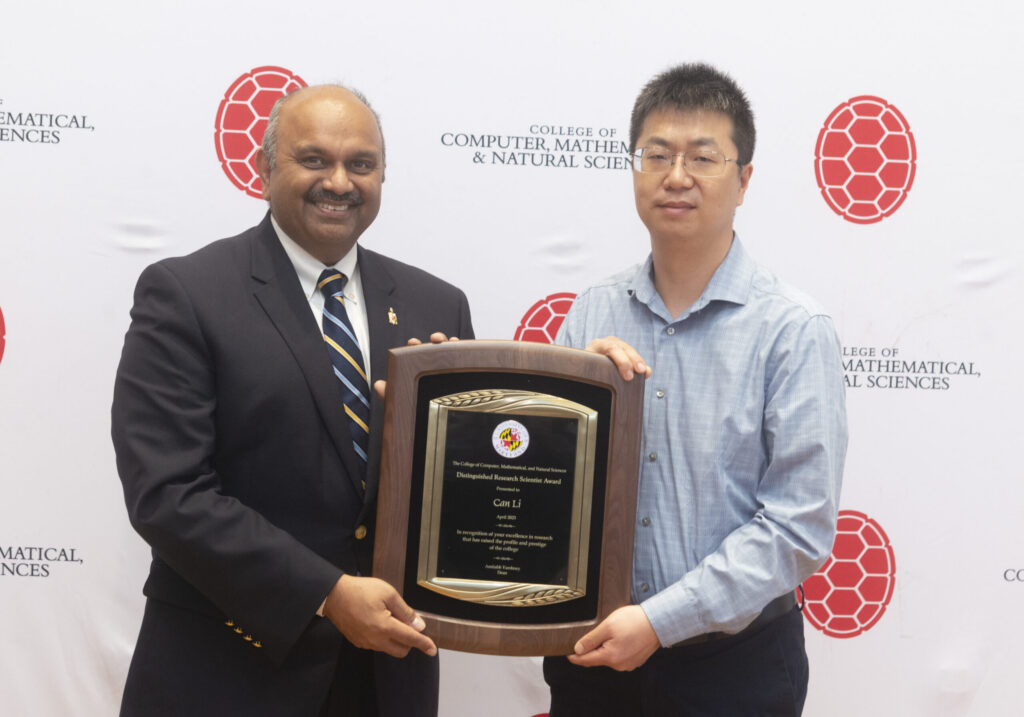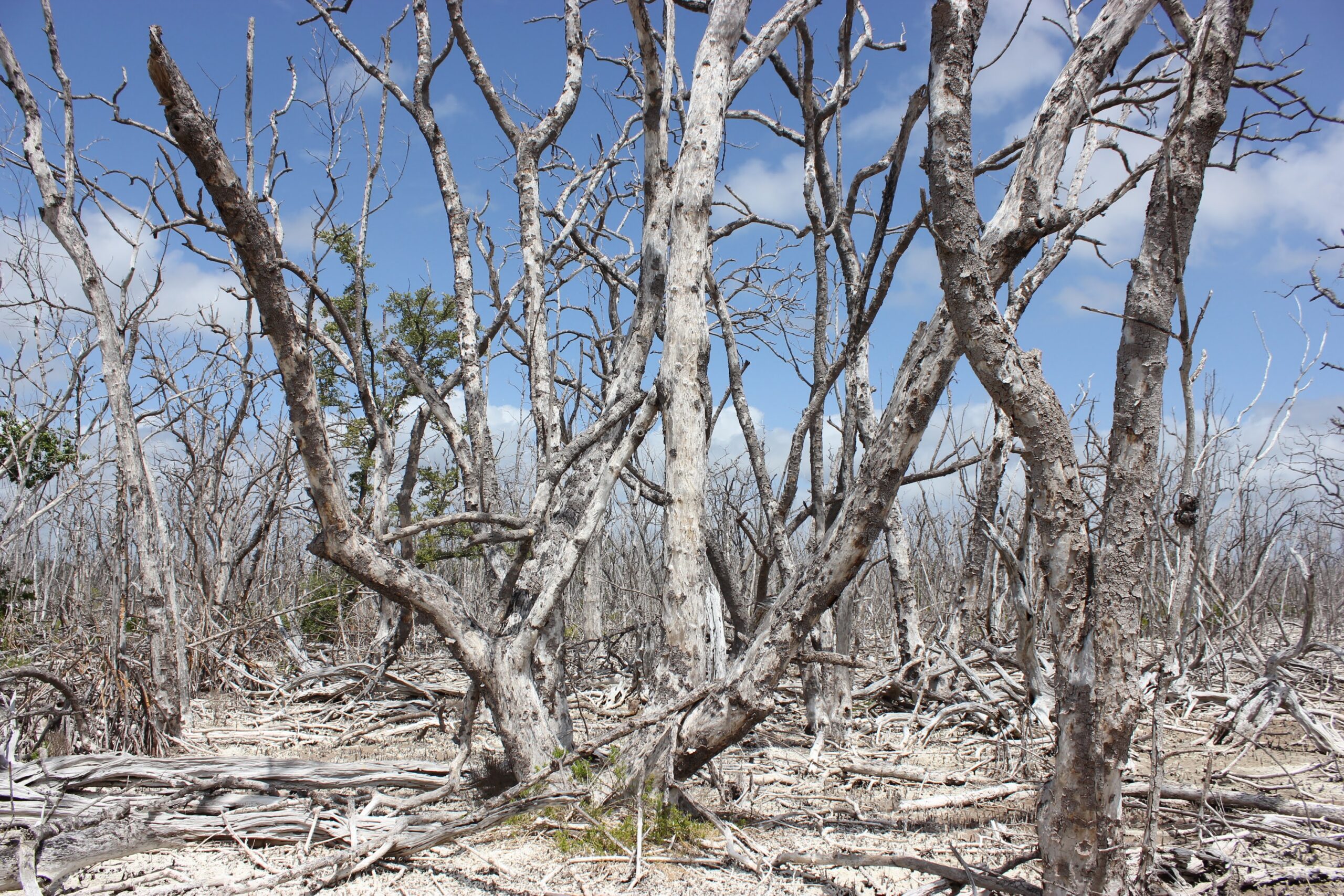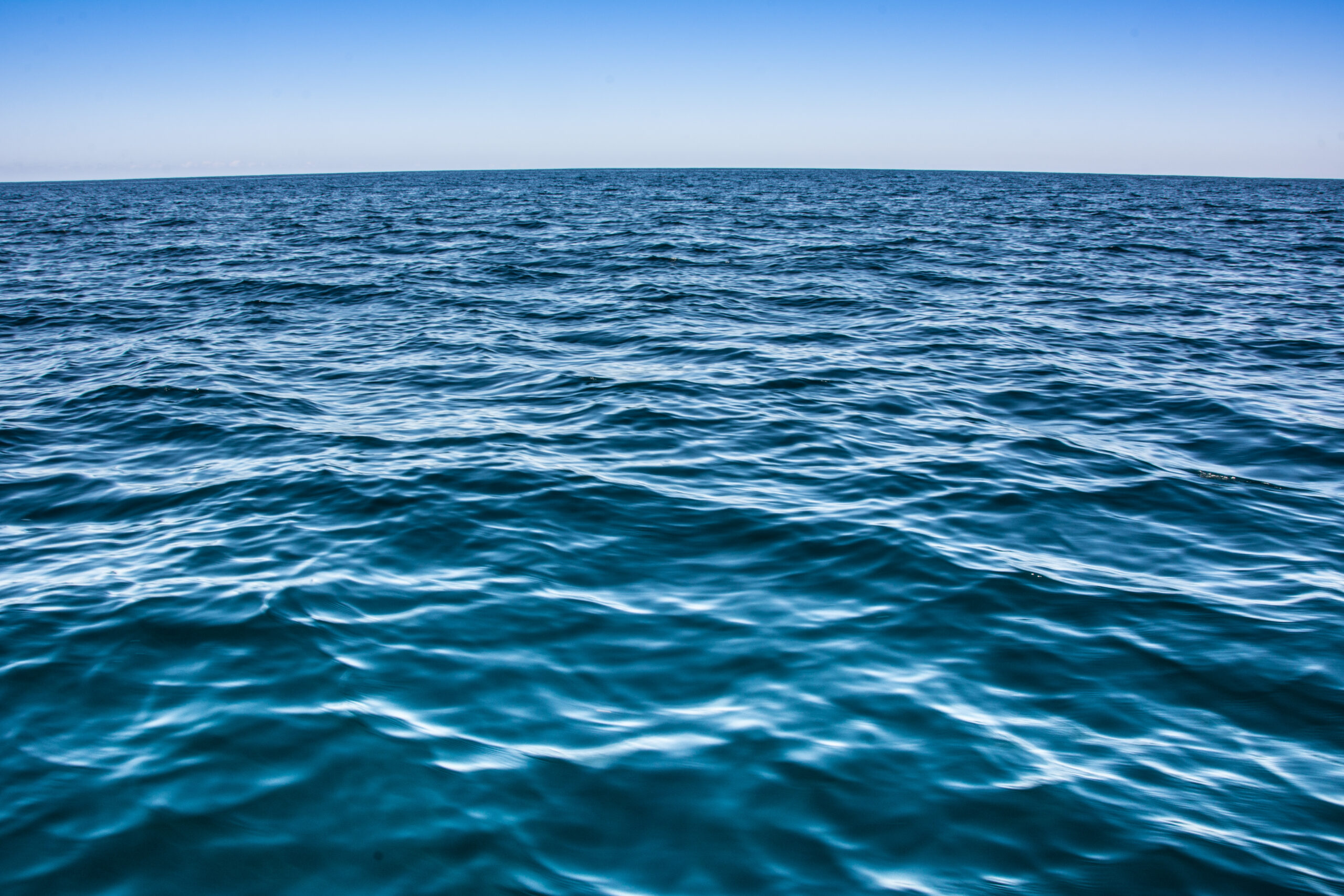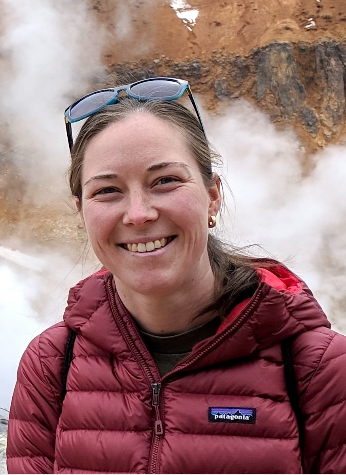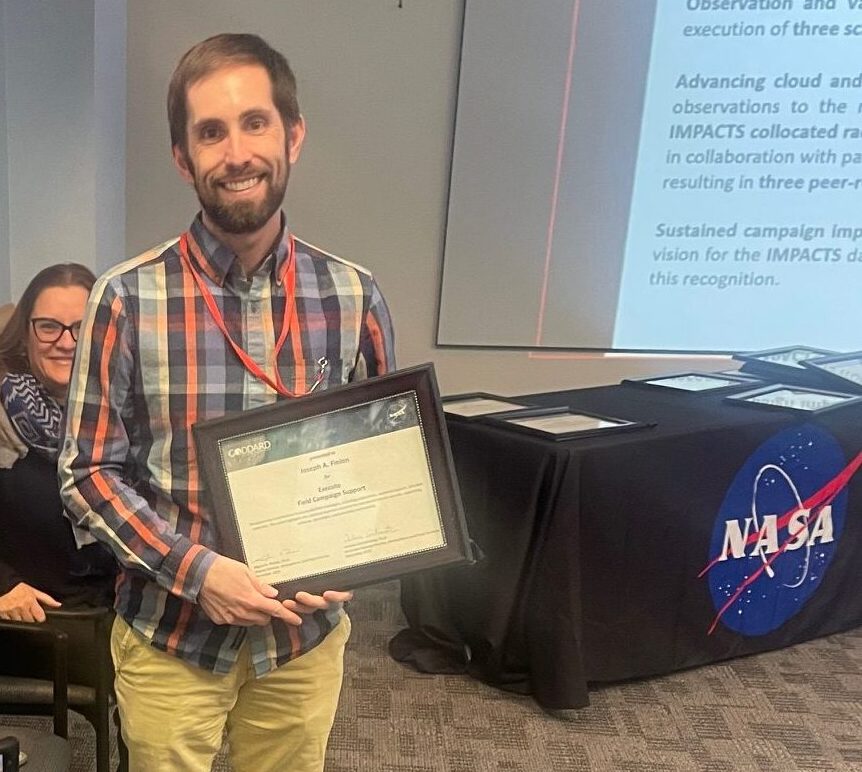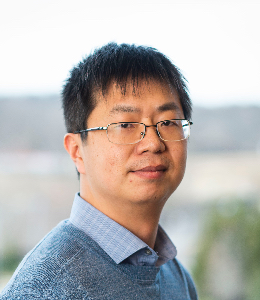 Congratulations to ESSIC Scientist Can Li, the newest recipient of CMNS’ Distinguished Research Scientist Prize.
Congratulations to ESSIC Scientist Can Li, the newest recipient of CMNS’ Distinguished Research Scientist Prize.
Li joined the University of Maryland in 2003 as a graduate student working under Drs. Zhanqing Li and Russ Dickerson. Once he finished his PhD in 2008, he was hired through ESSIC as a Postdoctoral Associate at NASA Goddard Space Flight Center.
At NASA, Li first worked on various in-situ and remote sensing instruments for a mobile laboratory facility. He participated in field campaigns, traveling all over the world to measure aerosols and pollutant trace gasses.
“I once set up sun photometers in Nepal, including one at nearly 4,000 meters above sea level,” Li said, “It took me a couple of days to trek to the site with a small group, including a guide and two porters.”
Photos from Can Li’s trip to Nepal. The far left photo shows the sun photometer deployed at the mountainous site. The middle photo shows a picture of the group that made the trip. The right picture shows how the sun photometer was carried to the site.
In 2012, Li shifted to focus more on satellite retrievals. Alongside Goddard colleagues, he developed a principal component analysis (PCA) based technique for trace gas retrievals from satellite instruments. At the time, the retrieval technique was so new that it was met with skepticism.
“We were able to demonstrate significant improvements in data quality using the new approach,” said Li, “Fast forward to today, the technique is now being used to produce NASA OMI (Ozone Monitoring Instrument) and OMPS (Ozone Mapping and Profiler Suite) SO2 products everyday. It has also been accepted and adopted by several international satellite teams.”
Today, Li continues to develop retrieval algorithms for trace gasses from different satellite instruments, including OMI and OMPS. He has started to work on trace gas retrievals from geostationary satellite missions, including the recently launched TEMPO (Tropospheric Emissions: Monitoring of Pollution), which would provide hourly observations of air pollution over North America.
“I also plan on working more on greenhouse gas retrievals,” said Li, “This will be a very important area for better understanding the changes in atmospheric composition and their impacts on climate.”
Congratulations, Can!
